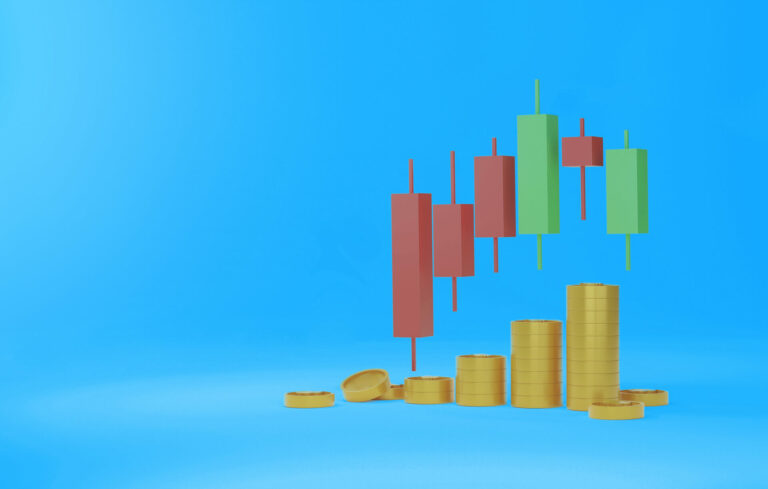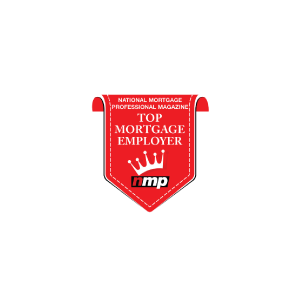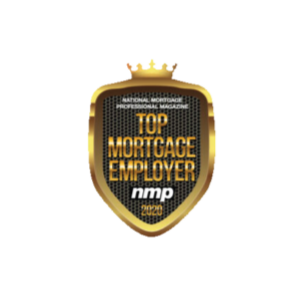Mortgage
Pre-Approval
- October 18, 2022
Whether you’re a first-time homebuyer or a seasoned househunter, choosing the best mortgage option is important to set you up for success. Home loans come in many shapes and sizes, but two of the most common ones are 15-year mortgages and 30-year mortgages.
Both of these types of mortgages have their advantages and disadvantages, depending on your unique needs and financial goals. Read on to see how these loans differ and which one is right for you.
15-Year vs. 30-Year Mortgages: What’s The Difference?
Here’s a quick summary of the differences between a 15-year loan and a 30-year loan:
- 15-year loans are structured to be paid off in 15 years, while 30 year loans are designed to be paid off in 30 year
- You have lower monthly payments with a longer term 30-year mortgage, but you pay more over time because of a higher interest rate
- You pay off your home fast with a shorter term 15-year mortgage, and your monthly payments are usually higher payments but with less interest
- A 15-year mortgage calculator or a 30-year mortgage calculator can help you determine which term loan will be best for you (based on the data you input)
- As a note, you will want to carefully review every loan to make sure there are no prepayment penalties if you choose to make any early or extra payments
15-Year vs. 30-Year
Mortgage Example
Let’s say you’re buying a home for $250,000 with a 10% down payment, so you get a mortgage loan for $225,000. For the sake of simplicity, we’ll assume the interest rate is 4%.
Here’s what your mortgage payments and total costs will look like for a 15 vs. 30-year loan. Keep in mind, this example doesn’t include the cost of private mortgage insurance (PMI).
Loan Term: 15-year fixed rate mortgage
Monthly Mortgage Payment: $1,664
Total Cost of Mortgage: $324,574
Loan Term: 30-year fixed rate mortgage
Monthly Mortgage Payment: $1,074
Total Cost of Mortgage: $411,705
As you can see, the monthly payments for the 15-year mortgage are higher. But you save more than $87,000 over the life of the loan.
Pros and Cons of a
15-Year Mortgage
Here are some factors to consider for a 15-year home loan.
Pro: Save Money Over the Long Term
The main advantage of 15-year loans is saving money on interest you pay on the home. This can add up to tens of thousands of dollars depending on the total loan amount.
Mortgage lenders charge lower interest rates for 15-year loans because they can more easily predict repayment over a 15-year term compared to a 30-year term.
Con: Higher Monthly Payments
Condensing your mortgage into a 15-year term means your monthly payments will be higher than if you spread them out over 30 years.
Putting more money towards monthly payments means less money for other costs like home improvements, utilities, repairs, property taxes, and homeowner’s insurance.
Pro: Build Home Equity Faster
Home equity is the portion of your house that you fully own. It’s the difference between the value of your home and how much you owe on your mortgage.
When you pay off your mortgage twice as fast, you build equity quicker. That means you’ll be eligible to refinance your mortgage sooner if lower interest rates become available.
After 15 years you’ll own your home outright—that means no more mortgage payments.
Pros and Cons of a
30-Year Mortgage
Here are some factors to consider for a 15-year home loan.
Pro: Save Money Over the Long Term
The main advantage of 15-year loans is saving money on interest you pay on the home. This can add up to tens of thousands of dollars depending on the total loan amount.
Mortgage lenders charge lower interest rates for 15-year loans because they can more easily predict repayment over a 15-year term compared to a 30-year term.
Con: Higher Monthly Payments
Condensing your mortgage into a 15-year term means your monthly payments will be higher than if you spread them out over 30 years.
Putting more money towards monthly payments means less money for other costs like home improvements, utilities, repairs, property taxes, and homeowner’s insurance.
Pro: Build Home Equity Faster
Home equity is the portion of your house that you fully own. It’s the difference between the value of your home and how much you owe on your mortgage.
When you pay off your mortgage twice as fast, you build equity quicker. That means you’ll be eligible to refinance your mortgage sooner if lower interest rates become available.
After 15 years you’ll own your home outright—that means no more mortgage payments.
- Resource & Guides
- Oct 18, 2022



















